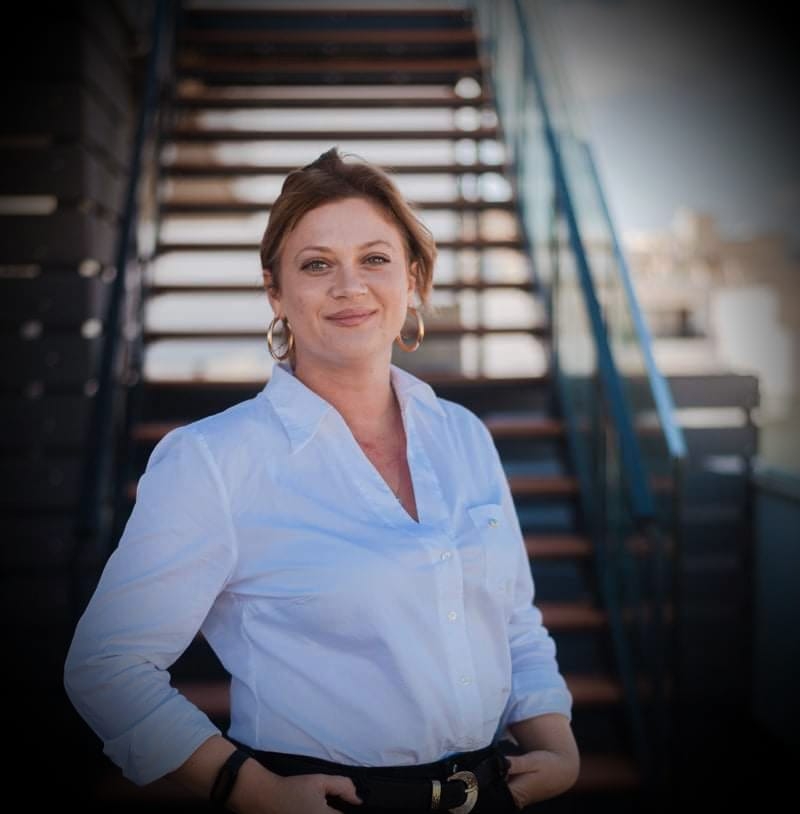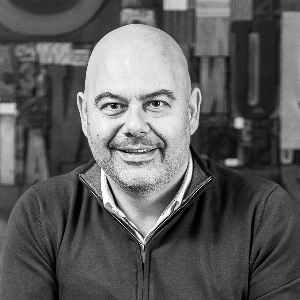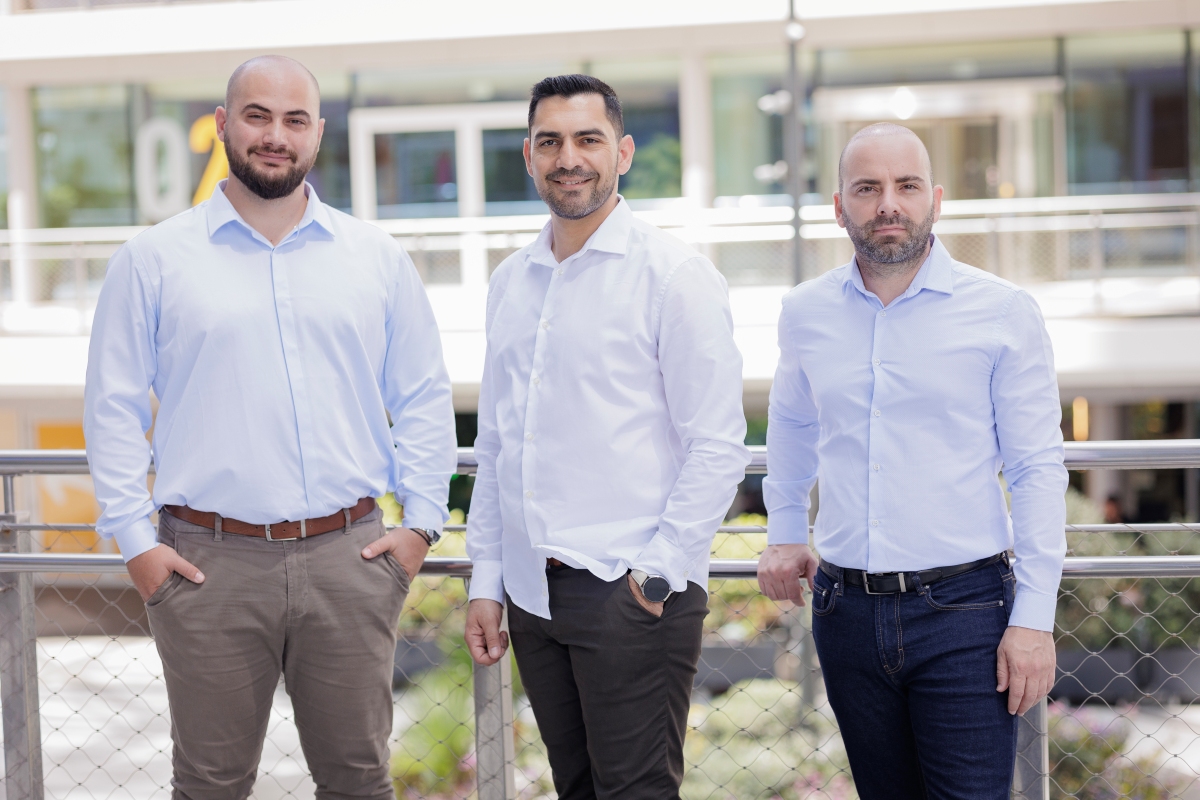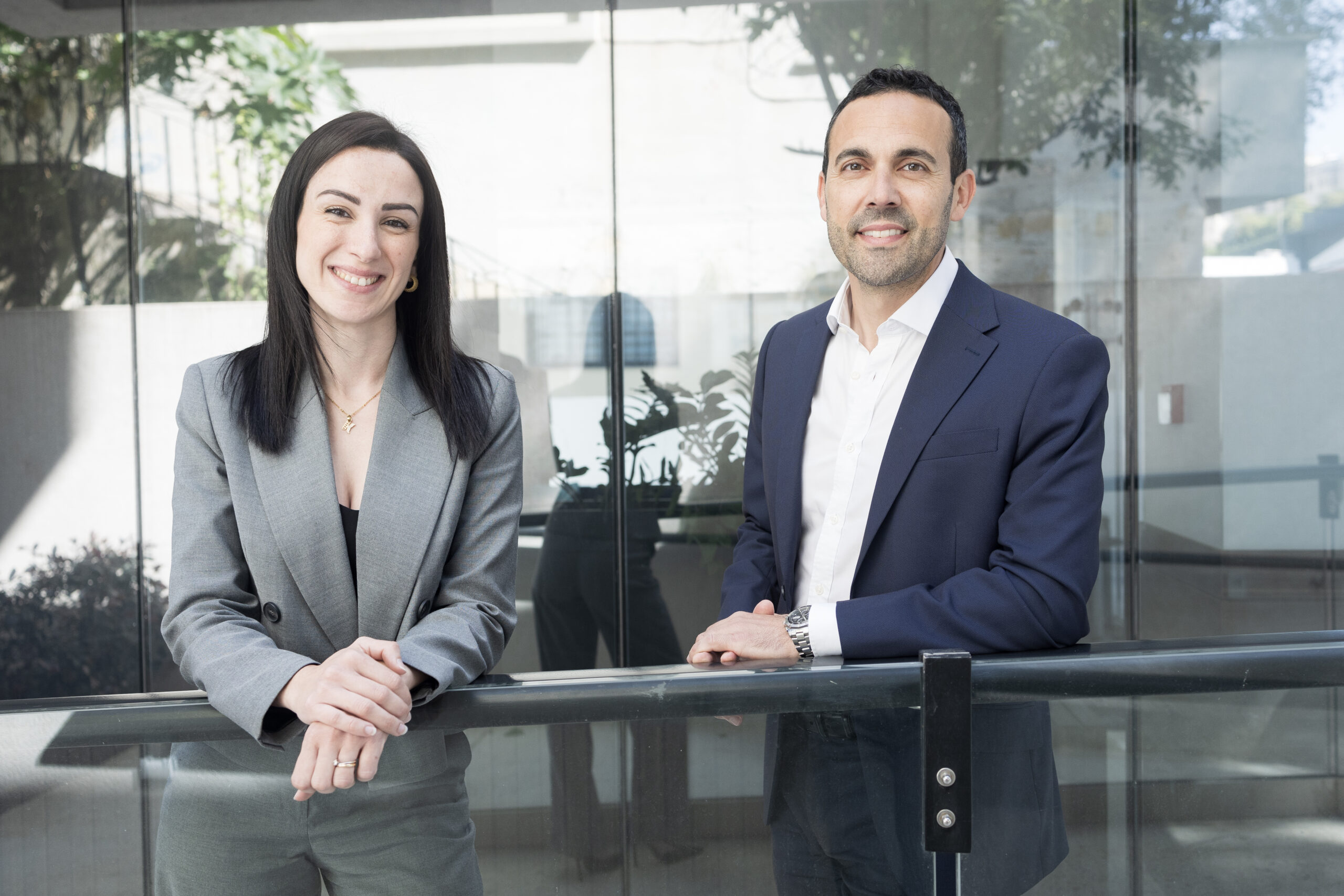According to some of the leaders in Malta’s executive recruitment sector, C-level and executive recruitment levels have stabilised, after a brief blip at the start of the pandemic.
BusinessNow.mt reached out to three key stakeholders: Joanne Bondin, director at management consulting firm MISCO, prominent headhunter Fran Moisa, and Christopher Vella, co-founder and managing director of recruitment and consultancy firm Exacta, to ask them for their outlook regarding the executive and C-level recruitment market.
Joanne Bondin

Ms Bondin explains there was a “brief pause” in executive recruitment at the start of the pandemic, in line with the shifting specific targets of businesses, especially with regards to their long-term plans.
“The pandemic may have affected the speed of implementation of the strategic vision as the market was volatile however this is also highly dependent on the sector the company is operating in,” she explains.
This means that recruitment in some sectors was hit harder than others and that some companies were also affected down the line as they were supplying the sectors that were most badly hit.
In the case of some companies, explains Ms Bondin, when individuals holding C-level and executive positions leave, these roles might not necessarily have been refilled.
“Each role was scrutinised and this may have brought about some restructuring and reorganisation within the companies,” she says.
For businesses searching for executives, Ms Bondin adds that the talent pool of executives “was and still is interesting,” and encourages hiring companies to look to connections and networks to make appointments, to make sure the person’s culture and corresponding values fit.
Fran Moisa

Ms Moisa suggests that recruitment levels differ between sectors, depending on the industry, with some, such as tourism, struggling to find individuals to fill their roles.
On the other hand, other industries like iGaming, Fintech, and other digital businesses “have bounced back quite well and the hiring trends have resumed quickly – but they too find it difficult to attract the individuals needed sometimes.”
In other areas, like Financial Services, Ms Moisa explains that the introduction of new regulations, (such as those affecting Company Service Providers), as well as Malta’s greylisting by the Financial Action Task Force (FATF) have also placed more stress on companies to keep up with regulatory demands, resulting in companies needing to attract more compliance and anti-money laundering professionals.
She explains that while there are challenges in areas where demand for candidates to fill executive-level positions exceeds their availability, these challenges are exacerbated by the way companies recruit too.
“Professionals are now looking at businesses that have a strong financial standing to ensure job security, a long-term vision and market strategy to ensure longevity, and businesses that have successfully adapted to the new reality, such as true flexibility, engagement and training.
“But you never see this mentioned in job adverts. Most businesses talk about wanting certain characteristics, but don’t refer to why talent should choose them.”
If companies do not adapt and change their strategy, Ms Moisa warns that “we will keep on hearing clichés like ‘war for talent’ on repeat.”
They should also make sure they are not too demanding of candidates. “Not combining three roles into one is also crucial,” she says.
“Due to the rise in regulatory commitments, one person cannot fill three roles, and it is essential that business have a realistic look at their demands and structure the roles based on capacity and expertise, not just on cost.”
Christopher Vella

Mr Vella explains that as things stand, his firm has “not necessarily experienced any lack of roles,” including both mid-level and C-level positions, in Malta and abroad.
He acknowledges that recruitment may have fallen slightly at the start of the pandemic, “when companies were not entirely sure how to tackle the whole situation.”
After “a couple of months” though, Mr Vella says, things started to go back to normal.
Far from there not being a shortage of positions, there is actually a shortage of candidates, he explains.
“We are operating in a candidate-driven market. We have been for a few years now, but more so lately as people are still unsure about changing jobs and countries. It’s harder to find candidates than jobs!”
A candidate-driven market
The stakeholders’ feedback comes as companies across the world are aiming to increase hiring on all levels as the pandemic regresses.
According to a new survey by HSBC, which polled over 2,100 business leaders from 10 global markets, seven in 10 (70 per cent) businesses globally planning to increase their headcount, while just 12 per cent plan reductions to their workforce.
The research shows leaders are taking action and reacting to the demands of the workforce beyond financial incentives, placing strong emphasis focused on wellbeing and work-life balance factors when it comes to attracting staff.
Despite salary and benefits still being perceived as the top factor in moving jobs by 46 per cent of business leaders, factors such as flexible working policies (39 per cent) and emphasis on employee physical, mental and financial wellbeing (36 per cent) are set to become just as important for employees.
Malta’s next leap: Secured
How ESET delivers enterprise-grade security to meet Malta’s digital ambitions
Mastering the language of business: How BELS is crafting bespoke training for a dynamic economy
BELS Malta Director of Studies Arianna Muscat on how the language school helps companies equip their teams for success.
Built differently – CLA Malta offers custom solutions in a cookie-cutter landscape of tax advisory and business
Their client-centric philosophy extends far beyond conventional consultancy.






